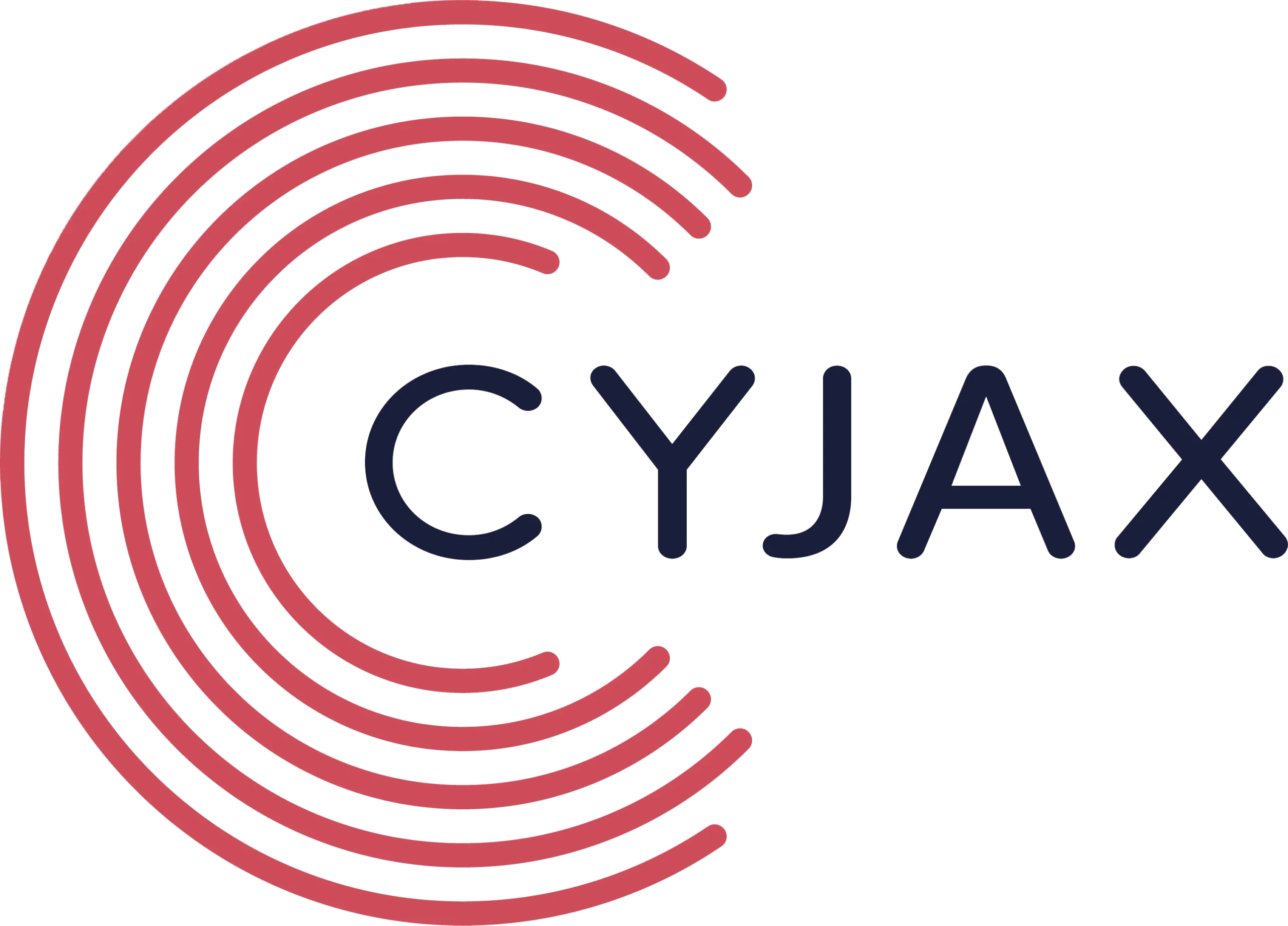In the Americas, Howard University in Washington, D.C, was forced to suspend classes on 8 September due to a ransomware attack. Meanwhile, Taiwan’s foreign ministry accused China of using Honduras’ November general election to disseminate a ‘false image’ of unstable diplomatic ties between Taiwan and Honduras.
New York State (NYS) have patched a recently disclosed vulnerability in the Excelsior Pass Wallet application that allows users to acquire and store COVID-19 vaccine credentials. The vulnerability, discovered by NCC Group researchers, allowed users to create fake vaccine credentials in the Excelsior Pass Wallet.
In Asia, Taiwan’s air force scrambled jets in response to 19 Chinese aircraft, including nuclear-capable bombers, which had entered Taiwan’s air defence identification zone (ADIZ) on 5 September. The event was likely intended to signal Beijing’s displeasure with US naval activity in the Taiwan Strait a month earlier.
Researchers have discovered that Chinese threat actors breached the internal networks of at least ten Indonesian government agencies, including the Badan Intelijen Negara (BIN) – Indonesia’s intelligence service.
In Europe, Germany blamed Russia for a new wave of cyberattacks targeting German political figures ahead of federal elections planned for 26 September. A foreign ministry spokeswoman said a hacker group called Ghostwriter had been ‘combining conventional cyberattacks with disinformation and influence operations against Germany.
Russian multinational Yandex has been hit with a large, distributed denial-of-service (DoS) attack which started on the weekend of 4 and 5 September. The DDoS is said to be of “record scale” and one of the largest in the short history of the RuNet.
In the Middle East and Central Asia, Israeli Defense Forces (IDF) Chief of Staff, Lt. Gen. Aviv Kochavi, said that that the IDF had been accelerating and intensifying operations against Iran and Iranian proxy forces in Lebanon, Gaza, Syria, Iraq and Yemen. The US also imposed sanctions against four Iranian intelligence officials for their plan to abduct Iranian-American journalist Masih Alinejad.
In Sub-Saharan Africa, members of the 15-country regional organisation ECOWAS suspended Guinea from the bloc in the aftermath of a military coup and deposal of President Alpha Condé. While the coup has been welcomed by opposition movements within Guinea, international partners have adopted a tougher stance on Condé’s removal from office. Meanwhile, telephone and internet services in the north-western Nigerian state of Zamfara were reportedly unavailable on 6 September as security forces conducted operations targeting kidnapping gangs While the communications services are set to resume from 17 September, there is a moderate-to-high likelihood of further disruption if security operations are extended beyond that date.
The South African National Space Agency (SANSA) has reported a security breach, threatening the integrity of its space-related research. Personally identifiable information (PII) of SANSA staff members was also found to have been compromised.

